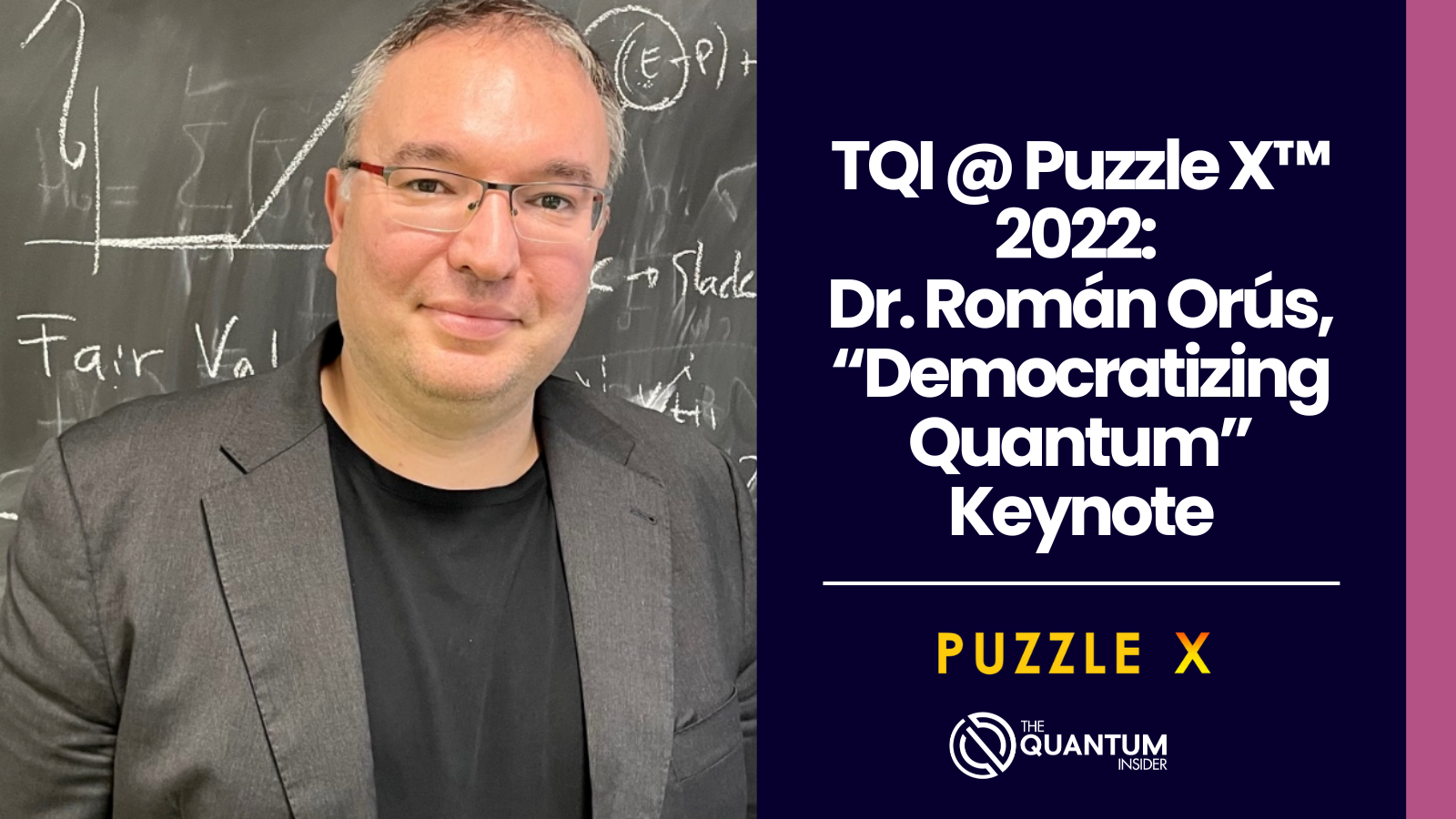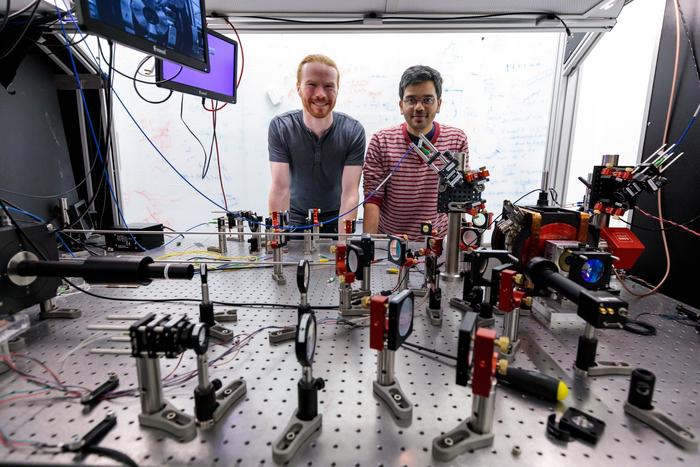Democratizing The Industry
In an excellent interview in Physics World this past August, Krysta Svore, Vice-president of Microsoft Quantum, talked to Tushna Commissariat about the company’s journey to quantum advantage. Along with all the really cool technical stuff Svore went into detail about, she also brought to light how crucial democratizing the industry is:
“I believe that we need many, many minds at the table to advance this technology and to accelerate our progress. […]. When I see the ecosystem grow — more companies, more startups, more university degree programmes — I view it as exactly what we need.
So instead of being focused on whether there will be a bust or a “quantum winter”, I focus on engaging those thought leaders, bringing those innovators to the table and democratizing quantum so we can get solutions out quickly. If we are showing progress, there will be no quantum winter, and I believe that we can make that progress across all areas, from devices and machines to software and apps.”
It was with interest, then, when Dr. Román Orús, Ikerbasque Research Professor at DIPC and Cofounder and Chief Scientific Officer at Multiverse Computing, came on stage to give his keynote on “Democratizing Quantum” at Puzzle X™ 2022.
“What should we be doing in order to explain quantum computing to industry, because this is not an easy task?” Orús began. “Quantum computing is a highly technical field, it’s very specialized, very complicated, and there are concepts that are even difficult to understand for physics professors.”

Orús then explained the difficult concepts like quantum entanglement and superposition, all very weird but things we can use to our advantage by doing computation.
“On top of computation, we actually need to make it very easy,” he added. “Quantum is for everyone. It is not just for quantum physicists or quantum engineers. We are at this very historical moment where we are transitioning to industry and making this technology accessible to everyone.”
Multiverse Computing’s CSO maintains that the technology is for everyone, making the joke that a quantum computer should be so trivial that even a grandmother should be able to run one.
Even for my Grandmother
“Now, why is this important? This is important because at the end of the day quantum computing is a technology that has to hit the market. And the market and the people are not quantum engineers. The people are just my grandmother,” said Orús. “She doesn’t know what quantum computing is at all — she thinks I’m kind of crazy but she has to be able to use this technology.”
Orús made the point it is so important for the commercial ecosystem:
“Why is this important for all those quantum companies out there? There is a very simple example which is your car. You know, you came here probably in a taxi or in an Uber and the car just worked. Now for using the car, which is a product, you don’t need to know about everything that is happening inside the car, you don’t need to know about all the tiny details of how the engine works — you don’t need to be a mechanic. You just want to jump in the car and drive. You want to listen to music in the car. Just switch on the radio. You don’t need to be an electronic engineer to do that. This is the key.”
Before adding:
“We need to make the technology accessible to everyone. If we don’t succeed at this, then it’s going to be a failure.”
Orús is fully aware academics are having a hard time talking to lay people in the industry about quantum computing, as they lack the knowledge of quantum mechanics.
“This is very difficult to do,” he said. Orús explained how the startup he cofounded, Multiverse Computing, is building something that is making quantum computing accessible to everyone.
Use Cases
“A clear use case we did recently was for finance. We were working with banks, talking to the traders and brokers and they had this problem that they needed to optimize the composition of their portfolios in order to maximize returns over a certain period of time,” said Orús. “This is a bit of a technical finance problem but imagine your pension fund. When you retire you want the maximum returns. That’s one of the problems that you can solve with a quantum computer.”
Orús gave an example of how their own solutions in quantum computing are helping customers: “What happens to the trader who is working at the bank? He is not a quantum engineer. He’s just a trader, which is already quite technical but they don’t know about quantum computing. He’s using huge spreadsheets, downloading all the data from Bloomberg, running some complicated algorithms and that’s it. That’s how we did it — we built a plugin, essentially a tool. You can download it, you can install it and it works. It runs the algorithm on a quantum computer that is on the cloud and the trader is then able to use the calculation.”
Orús and his team clearly have a vision, just like other startups in the space, a vision that requires companies to make products with quantum computers that are for the end-users who are not quantum engineers.
“The market is not a quantum engineer, the market is everybody, so we need to build the tools in this way,” said Orús “And we are doing this in lots of other verticals. We have been working with people in finance, health, space, logistics, in manufacturing, and in order to be successful, the first thing you have to do is find something called “business advantage”.
But what is this “business advantage” and how will it help the end-user?
“This is about finding applications where quantum can deliver value to your business. So, once you identify those applications — which is very hard to do, by the way — you can actually add value with quantum computers today,” said Orús. “Find applications which quantum computing is actually useful for, that add the business value. We don’t want to wait twenty or thirty years; we want to use quantum computers already.”
If you found this article to be informative, you can explore more current quantum news here, exclusives, interviews, and podcasts.




















